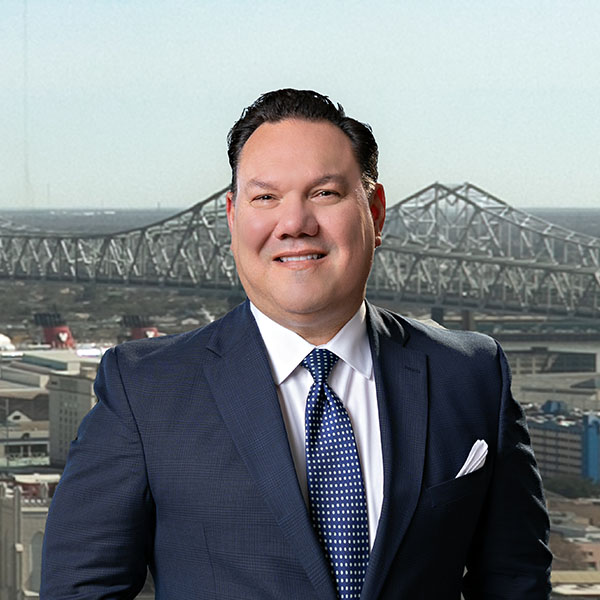When it comes to your health, knowledge is power. Whether youʼre managing a diagnosis, questioning a treatment, or suspect something went wrong, knowing your rights and using the resources available is critical.
Every patient in Louisiana deserves to understand their rights, especially the right to access their own medical records. Knowing what’s in your records can be a critical first step in protecting yourself, identifying potential negligence, and making informed decisions about your health.
In this blog, we’ll walk through what every Louisiana patient should know about their rights and why requesting your medical records is so important.
Why is Having Access to my Medical Records so Important?
Your medical records are your personal property. They document everything: diagnoses, prescriptions, test results, and notes from your providers. These records are often key evidence in medical malpractice cases.
How to Request Your Medical Records in Louisiana:
Understanding how to obtain your medical records is a crucial step in managing your healthcare in Louisiana. In this section, our team of New Orleans, Louisiana medical malpractice lawyers outline the process and explain your rights when requesting this information.
- Step 1: Submit a written request to your healthcare provider. Under Louisiana law, they must comply within 15 days.
- Step 2: Include identifying information like your full name, date of birth, and dates of treatment.
- Step 3: If youʼre requesting records for legal reasons, ask for a certified copy.
Here’s some sample wording you can use when you’re requesting your medical records:
“I am requesting a complete and certified copy of my medical records for treatment received at [facility] from [start date] to [end date]. Please include all physician notes, diagnostic tests, lab results, discharge summaries, and operative reports.”
Tip: You have the right to request digital or paper copies. Reasonable fees may apply, but excessive charges can be disputed.
Second Opinions Matter – Don’t Be Afraid to Ask For One
A second opinion can mean the difference between life and death, or between a correct and incorrect diagnosis.
When to seek one:
- Youʼre told you need major surgery.
- Your diagnosis is unclear or sudden.
- Your symptoms persist despite treatment.
- You feel like your concerns are being dismissed.
What a second opinion provides:
- A fresh perspective on your diagnosis.
- New treatment options you might not have been offered.
- Peace of mind before making big health decisions.
Itʼs not about mistrusting your doctor—itʼs about protecting yourself.
Know Your Patient Rights in Louisiana
Louisiana law gives you the right to:
- Access your full medical file.
- Refuse treatment.
- Ask questions and get clear, understandable answers.
- Seek legal help if your care falls below accepted medical standards.
Whether itʼs a parent, friend, or colleague, educating others is the first step to safer care. Our team is here to listen. Weʼve helped countless Louisiana families find answers and seek justice when something went wrong.
If something doesnʼt feel right, trust your instincts. Our firm offers free consultations to help determine whether your rights have been violated.


